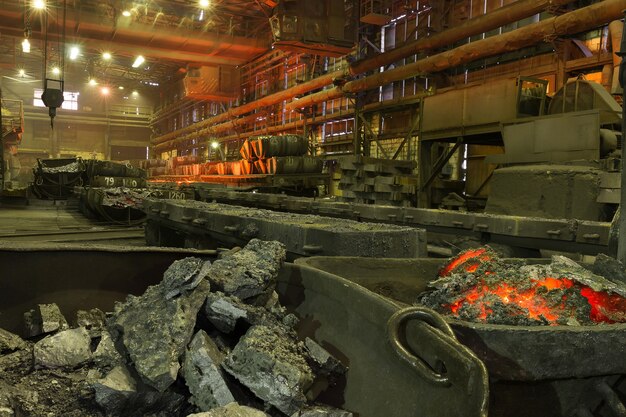Supreme Court Dismisses Buchwa Iron Ore Mining Company’s Appeal

The Supreme Court of Zimbabwe has upheld a lower court ruling against Buchwa Iron Ore Mining Company (Pvt) Ltd, ending a long-standing dispute over ownership of a stockpile of iron ore fines. The company had appealed a previous decision rejecting its claim to the property, which had been auctioned to Optimax Mining Resources (Pvt) Ltd in 2016.
In a judgment delivered by Justice Elizabeth Gwaunza, the Supreme Court ruled that Buchwa Iron Ore failed to provide sufficient evidence to establish its ownership of the iron ore fines. The judgment was unanimously supported by Justices Susan Mavangira and George Chiweshe.
Key Issues in the Case
The central question in the appeal was whether Buchwa Iron Ore could prove its claim to the iron ore fines. The court noted that the company had temporarily transferred ownership of the property to the Ministry of Industry and Commerce but failed to demonstrate that ownership had reverted to it. Additionally, the company did not include other crucial parties to the transaction, such as the Minerals Marketing Corporation of Zimbabwe (MMCZ) and the Ministry of Industry and Commerce, whose testimony could have clarified the matter.
Justice Gwaunza cited precedents, including the case of Dube v Murehwa SC 68/21, emphasizing that “bald and unsubstantiated allegations do not establish a litigant’s purported or announced position.” Similarly, in VanHoogstraten v Nelomwe SC 4/20, the court highlighted the importance of credible evidence in litigation, noting that poor-quality evidence often leads to the dismissal of a case.
The Court’s Findings
The Supreme Court found that Buchwa Iron Ore had presented “bare allegations” without adequate evidence to substantiate its ownership claim. The court agreed with the findings of the lower court, which determined that Optimax Mining Resources had established rights to the iron ore fines based on a valid lease agreement and subsequent auction purchase.
Justice Gwaunza ruled:
“The appeal be and is hereby dismissed with costs.”
Implications of the Ruling
The decision solidifies the sale of the iron ore fines to Optimax Mining Resources as valid, bringing an end to years of legal wrangling. It also serves as a reminder of the importance of presenting robust evidence and involving all relevant parties in legal proceedings.
The ruling highlights the courts’ growing insistence on proper documentation and credible evidence, particularly in commercial disputes. For businesses, this case underscores the necessity of maintaining clear and transparent records of transactions and ownership.
With this judgment, the Supreme Court has reaffirmed its commitment to ensuring that justice is based on evidence rather than unsupported claims, closing the chapter on a contentious legal battle.




